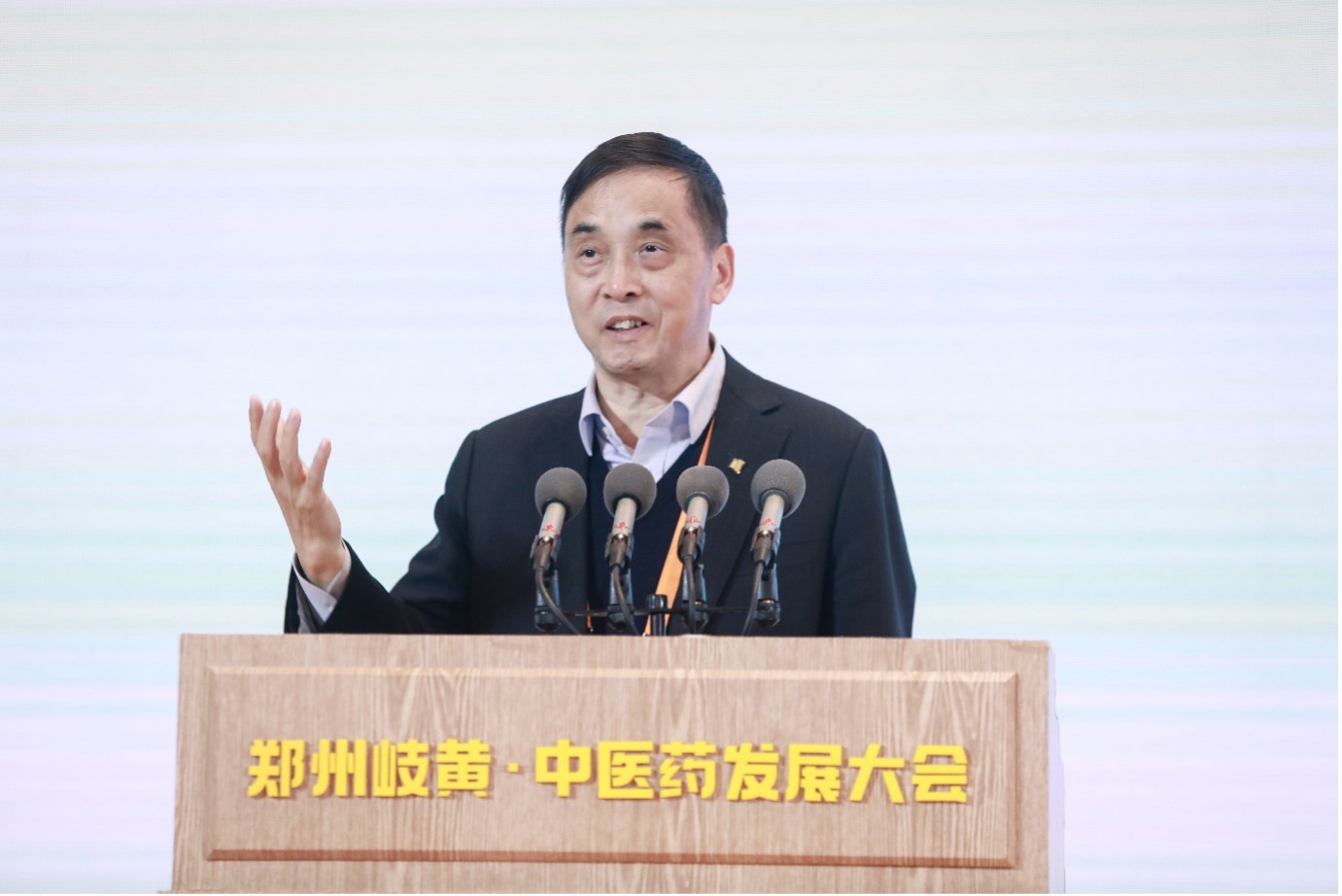News


Promoting Qi Huang Culture and Preserving Traditional Chinese Medicine
31 March 2025
On the afternoon of March 31, the Second Zhengzhou Qihuang and Traditional Chinese Medicine Development Conference was held in Xinmi City, organized by Henan University of Traditional Chinese Medicine and the Henan Academy of Traditional Chinese Medicine. Esteemed academicians, national masters of traditional medicine, Qihuang scholars, expert professors, and representatives from traditional medicine colleges, hospitals, and enterprises gathered to discuss the inheritance, innovation, and development of Traditional Chinese medicine culture.
During the opening ceremony, Du Xinjun, Chairman of the Zhengzhou Political Consultative Conference, delivered a welcome speech, followed by an opening address from Li Zongyou, Secretary-General of the Chinese Association of Traditional Chinese Medicine. Wang Yaoxian, a Qihuang scholar and President of Henan University of Traditional Chinese Medicine, announced the conference's official opening. Xinmi City, known for its rich Qihuang cultural heritage.
Focusing on the contemporary challenge of promoting the inheritance and innovation of traditional Chinese medicine, the conference explored how technologies such as AI, big data, cloud computing, and robotics can invigorate traditional practices. In the keynote session, Chen Shilin, Academician of the Chinese Academy of Engineering, and Sun Xiaobo, former director of the Institute of Medicinal Plants at the Chinese Academy of Medical Sciences, shared their insights on "Genomics and AI in Traditional Chinese Medicine Innovation" and "AI, Multi-Omics Technologies, and Innovative Drug Development Strategies" respectively.
Our director, Prof. Lyu Aiping, Vice President of Hong Kong Baptist University and a National Distinguished Young Scholar, also presented his clinical experiences, discussing the internationalization of acupuncture and the integration of Chinese and Western medicine. His contributions emphasized the importance of collaboration and international cooperation in advancing the practice and innovation of Traditional Chinese medicine, offering valuable suggestions for the future development of the industry.
As the modernization of Traditional Chinese medicine progresses, its culture is increasingly innovating and reaching a global audience, contributing to global health and well-being. This conference marks a significant step towards enhancing the dialogue and collaboration necessary for the future of Traditional Chinese medicine.